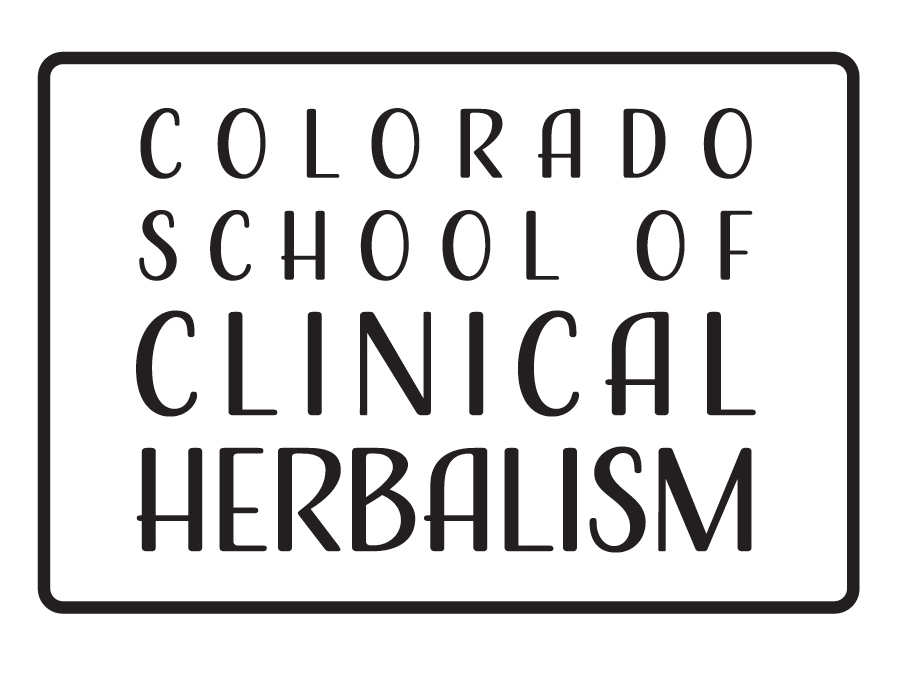We spend a lot of time in our homes and we want them to be clean, in whatever way we define that. In order to clean our homes, one typically goes the grocery store to purchase cleaning supplies where there are ample products to chose from. Since they are on the shelves and available for purchase, many assume that they must be safe for use. However, virtually no information on the potential adverse human health effects exist for the majority of the chemicals these cleaning products contain, as many have not been thoroughly studied and there is very little governmental oversight.
There is mounting scientific evidence that many of these chemicals can harm human health and are linked to a wide range of health conditions including asthma, skin conditions, headaches and migraines, multiple chemical sensitivity, cancer, neurological damage, reproductive harm such as birth defects and fertility problems, and autoimmune diseases. Though not causal, the research is sufficient to substantiate a valid concern for potential adverse health outcomes.
Many people prefer to take a precautionary approach to their health when it comes to trying to avoid potentially harmful chemicals, especially those with health issues that can be triggered by certain chemicals. Carefully reading the labels on cleaning products is a great place to start but ingredients lists can be deceptive because companies are not required to disclose all of their ingredients on their labels.
Luckily, making your own cleaning products is quick, easy, and inexpensive. And best of all, you know exactly what is in them. Below are some natural recipes to substitute for common cleaning products.
All Purpose Cleaner
- 1 cup white distilled vinegar
- 1 cup water or hydrosol
- Optional: a little Lemon juice
Mix together and use in a spray bottle.
Good for use on hard surfaces such as countertops, tile or linoleum floors, and glass.
Soft Scrub
- 2 cups baking soda
- 1/2 – 2/3 cup liquid castile soap*
- 4 tsp. vegetable glycerin or Rosemary extract (as a preservative)
Mix together and store in a sealed glass jar. If it dries out, you can add in a little more soap.
Good for use on counters, toilets, bathtubs, stoves, tile, etc.
Porcelain Cleaner
- Baking soda
- Vinegar
Sprinkle surface with baking soda and spray heavily with vinegar. Let sit for a couple of minutes and then scrub/wipe clean with a sponge. You can let it sit for longer if needed.
Good for toilets, baths, showers, etc.
A couple of notes:
- Make sure that you always label your homemade products with the date and ingredients.
- Use your homemade products quickly, as the generally have shorter life spans than commercial products. Adapt the recipes above to only make what you need at that time. However, the soft scrub has a longer shelf life – up to two years.
- You can include essential oils in each of the recipes listed above. But remember, a little goes a long way! They can add pleasant smells and, depending on what you use, may have disinfecting properties. However, some people with sensitivities might want to avoid their use.
* When purchasing liquid castile soap, choose ones that are free of sodium lauryl sulfate (SLS) and diethanolamine (DEA).
Resources:
Gorman, Alexandra. “Household Hazards.” Women’s Voices for the Earth, 2007. Available at: http://www.womensvoices.org/wp-content/uploads/2010/06/HazardsReport.pdf.
Scranton, Alexandra. “ Dirty Secrets: What’s Hiding in Your Cleaning Products.” Women’s Voices for the Earth, 2011. Available at http://www.womensvoices.org/wp-content/uploads/2011/11/Dirty-Secrets.pdf.

